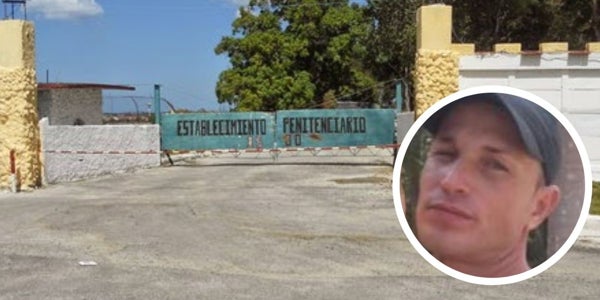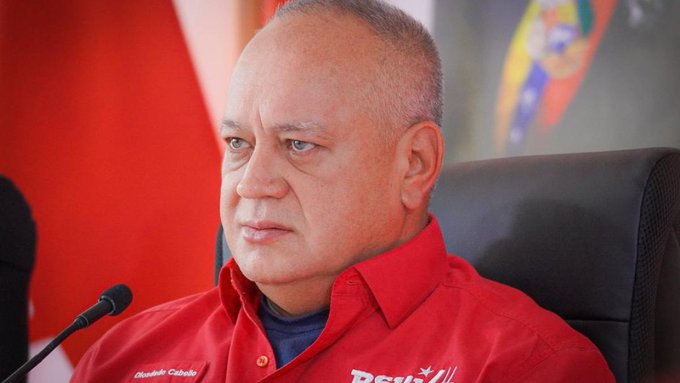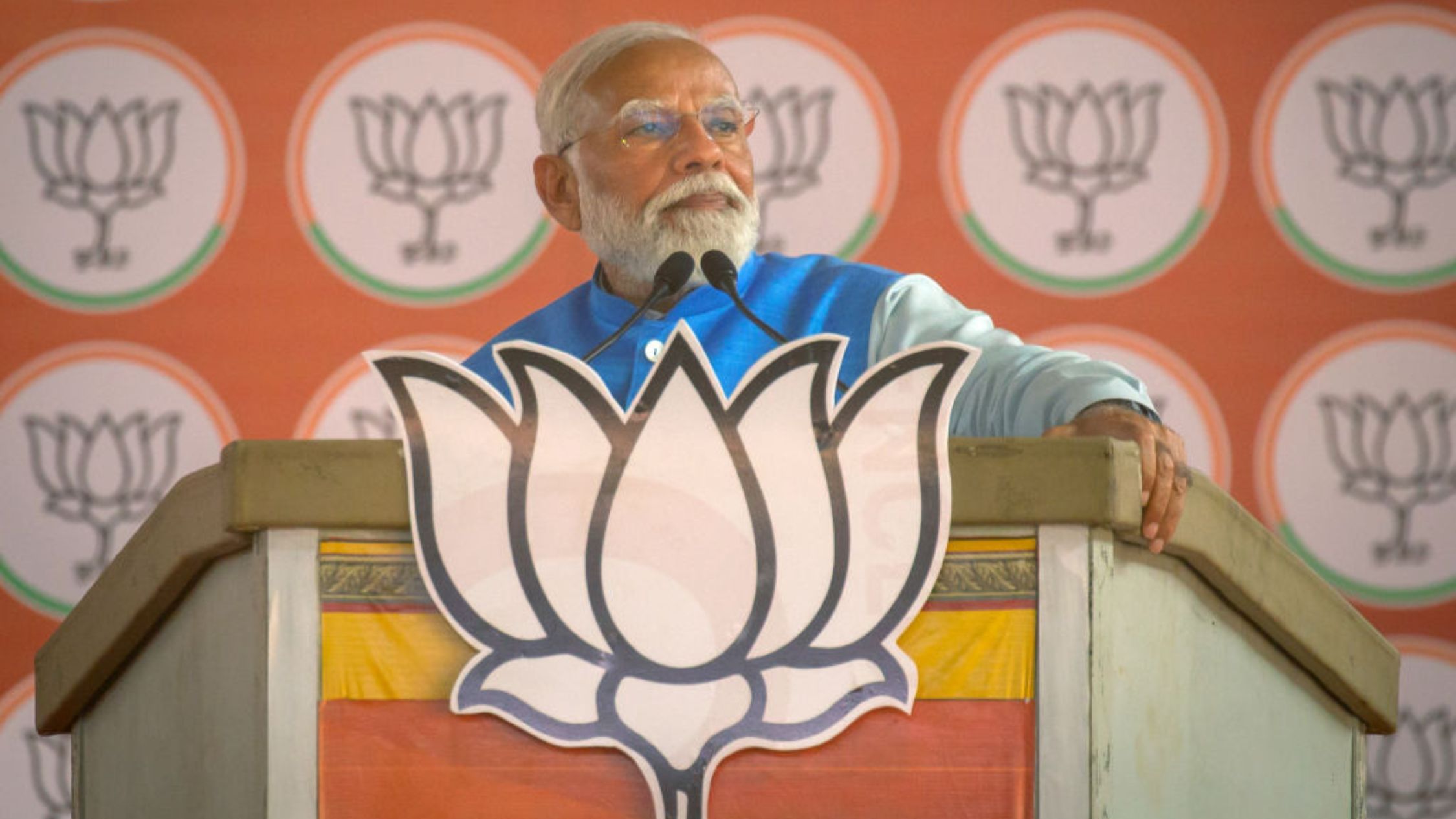Cuban political prisoner Luis Barrios Diaz He died Sunday at La Covatonga Hospital in Havana due to negligence by prison officials. Cuban Observatory of Human Rights (OCDH).
The Madrid-based NGO explained that Barrios Díaz, 37, had been suffering from respiratory problems since last August, for which he was admitted at 1580 in the prison in the municipality of San Miguel del Patrón in the Cuban capital. , was later shifted to the above hospital for specialized treatment.
Although doctors warned of the need to hospitalize him due to his severity, the prison authorities decided to return him to prison, alleging a lack of fuel to warrant his permanent observation; Due to this his health deteriorated.
On Saturday, after emergency surgery, the political prisoner died of respiratory complications.
According to the OCDH, in an “attempt to absolve themselves of responsibility” for negligence, Cuban authorities executed the extra-punitive license for Berrios Díaz with “unheard-of speed.”
In January 2022, Luis Barrios Díaz was sentenced to 9 years in prison for the crimes of “public disorder” and “assault” for his participation in the historic protests of July 11, 2021 (11-J).
Prisoners’ Defenders currently has a record number of 1,062 political prisoners on the island, most of whom are serving court sentences or limitations on liberty by prosecutors since 9/11, without judicial oversight or legal protection.
For its part, the OCDH “reiterated the demand for the immediate release of all prisoners for political and conscientious reasons, and recalled that although this is a matter of political will, the regime has at least eight legal options. .
The condition of other prisoners deteriorated
Likewise, the organization recalls that “the health of several political prisoners, such as Felix Navarro and José Daniel Ferrer, has deteriorated, and that, under the UN Mandela Rules, it is the government’s responsibility to provide adequate medical services to prisoners. .
Last week, Navarro, 70, was transferred from Aquica prison to the Faustino Pérez hospital in the city of Matanzas and returned to prison shortly after.
Navarro was a recognized political prisoner of the Black Spring of 2003; He was sentenced to nine years in prison after his arrest on July 12, 2021, in the wake of the 9/11 anti-government protests.
OCDH requested a “report from democratic governments and the European Union” on the dire situation of political prisoners on the island.


:quality(85)/cloudfront-us-east-1.images.arcpublishing.com/infobae/ZDGCIB4BC3VZF2L3BL42EDL5HU.jpg)

:quality(85)/cloudfront-us-east-1.images.arcpublishing.com/infobae/DVLWJKBJAVKNNQUXRVYQP4UHUY.jpg)
